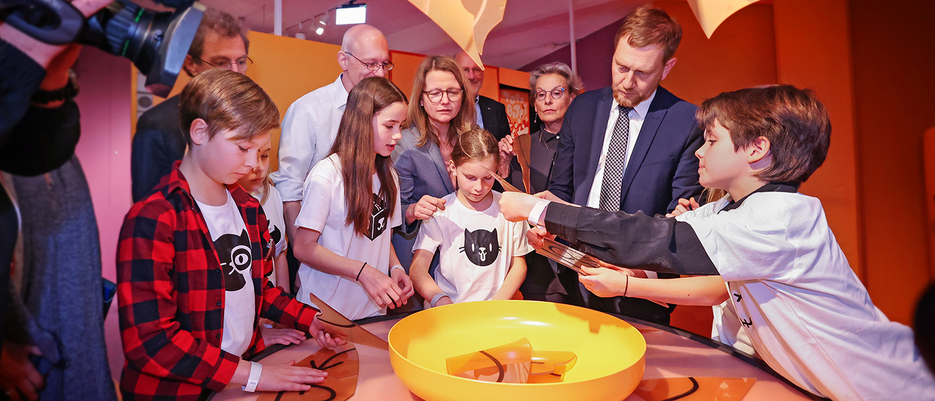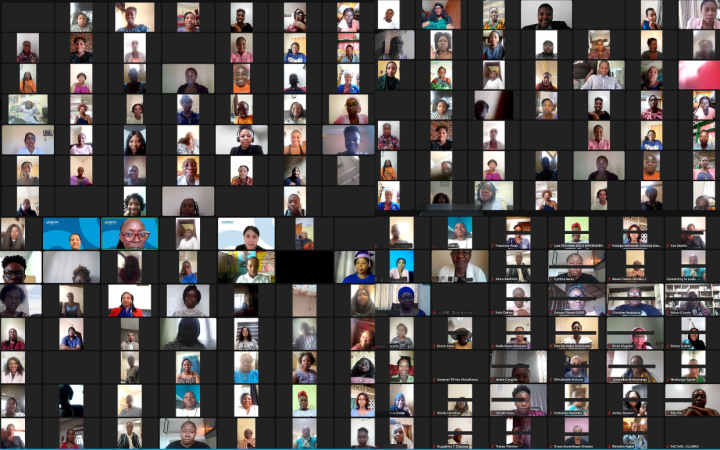Oxfam is warning that millions of people in East and Central Africa, already suffering due to flooding and the impact of coronavirus, are at risk of increased hunger and poverty as they brace for the latest generation of locusts to hatch next month – just when crops are to be harvested.
The highest rainfall in 40 years in parts of the region has caused severe flooding, which has killed more than 400 people, forced half a million people from their homes and destroyed crops and livelihoods.
The heavy rains, exacerbated by climate change, have also created perfect conditions for locusts to breed, raising fears that these swarms could be 400 times larger than the original swarms that reached the continent earlier this year. That locust outbreak, already the biggest in 70 years in Kenya, decimated thousands of hectares of crops throughout large swathes of the region, especially in Kenya, Ethiopia and Somalia.
Restrictions imposed by governments to contain the coronavirus are also hampering efforts to stop the spread of locusts. Stocks of pesticides are dwindling as border closures have strangled the supply chain and overnight curfews restrict the ability of pilots to spray insecticide in key breeding areas.
The floods and the new wave of locust infestation will lead to increased food shortages in a region where more than 33 million people are already facing severe food insecurity. At the same time, the economic fallout from governments’ efforts to contain the pandemic are likely to push millions of people further into poverty as social safety nets, where they exist at all, are inadequate.
Lydia Zigomo, Oxfam’s Regional Director in the Horn, East & Central Africa said:
“The region is facing multiple concurrent crises – each compounding the other and making them more difficult to tackle and contain. Together they form a lethal combination that threatens to increase hunger, poverty and suffering for millions of the most vulnerable people in the world.
“In a grim coincidence, the recent rains have created the perfect breeding conditions for locusts while restrictions introduced to contain coronavirus have hampered efforts to control their spread.”
Last week, The World Bank announced $500 million in grants and low-interest loans to help countries in Africa and the Middle East combat the impact of locusts. Kenya and Uganda have received large loans from the International Monetary Fund to support their responses to COVID-19, including the expansion of social protection programs.
Oxfam is calling on the Australian Government to provide new funding to support a humanitarian response in East Africa, with cash grants in particular urgently needed to help the poorest and most vulnerable people survive the multiple crises.
Ms Zigomo said: “Cash grants and other forms of social protection can play a huge role in protecting vulnerable people, and they are a critical and urgent response to this triple crisis. Donors must support governments to expand their social protection systems.”
Oxfam is working closely with local partners in Ethiopia, Kenya, Uganda and Somalia to provide cash assistance to more than 6000 households so they can buy food. Oxfam is also distributing soap, hygiene kits and clean water to hospitals and communities, and Oxfam staff have been increasing public awareness to help prevent the spread of coronavirus, including by broadcasting messages in local languages with megaphones in rural villages.
To overcome some of the lockdown challenges, Oxfam is working with mobile phone operators to supply e-vouchers for soap and water through “water ATMs” – pre-paid machines that dispense water to the most vulnerable communities.
The aid agency has also developed a mobile GPS app that allows community volunteers to record data on local locust infestations that are then shared with government response teams.
To donate to Oxfam’s Emergency Appeal, visit oxfam.org.au/locusts








